About

LUCERO was a one-year project funded by the JISC Information Environment 2011 Programme under the call Deposit of Research Outputs and Exposing Digital Content for Education and Research.
Working with learners, researchers, and practitioners at The Open University, the project scoped, prototyped, piloted, and evaluated reusable, cost-effective solutions based on linked data principles and technologies for exposing and connecting educational and research content. It focused on institutional repositories of research and educational material, including collaborations with the Faculty of Arts to address the specific linked data needs of researchers in the Arts and Art History domains.
Through this work, LUCERO provided experience in exposing and connecting research data outputs, demonstrated their benefits, and documented the business process changes required to implement effective institutional approaches to exposing educational and research content as linked data.
What is Linked Data?
Linked data was about making data directly available on the Web by following the same principles that allowed the Web itself to flourish—using links between resources, regardless of where or how they were stored or managed. Instead of keeping data locked in databases with custom interfaces, linked data identified every resource with a URI and described it using the RDF standard, a graph-based model of subject–predicate–object triples. This enabled connections between datasets across different domains and systems, creating a global, flexible, and reusable data graph.
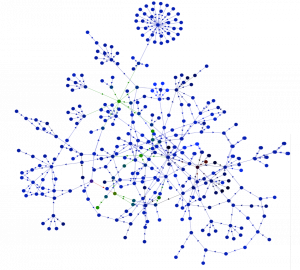
The strength of linked data lay in its simplicity: resources were linked through Web addresses, allowing integration of information from multiple independent sources. For example, an Open University course URI could be linked not only to its institution but also to country data from Geonames and demographic information from DBpedia. This openness made it easier to reuse and connect data while avoiding the technological and organisational barriers that usually made integration costly and complex.
Within the LUCERO project, several applications demonstrated the value of linked data. One connected an OpenLearn unit to related Open University courses, podcasts, and other OpenLearn materials annotated with the same tags, integrating content from different systems in a lightweight way. Another, based on the Reading Experience Database, enriched institutional research data about people, books, and reading contexts by linking it with external resources such as DBpedia, opening new possibilities for exploration and research questions.
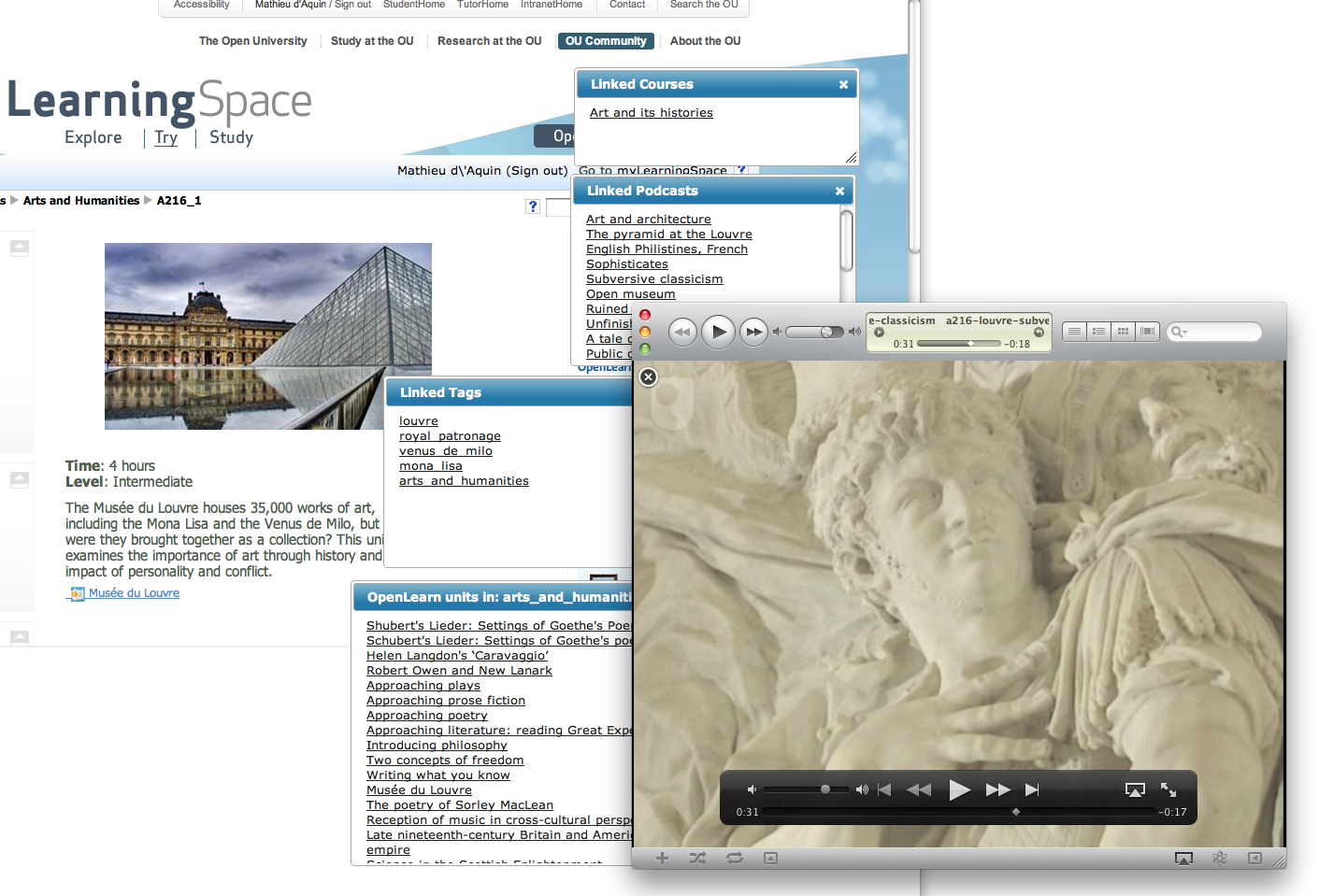
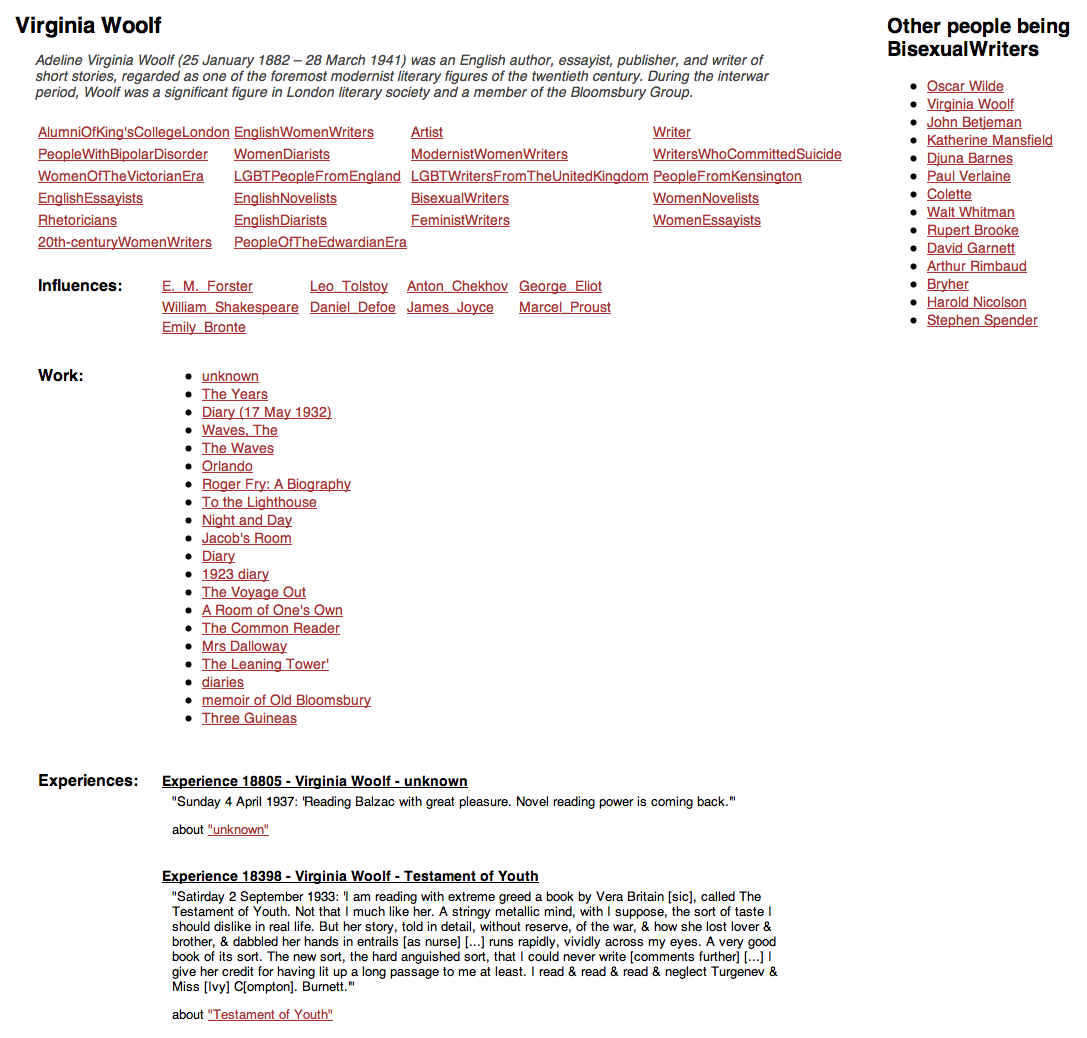
These examples showed how linked data reduced the costs of managing and reusing data while creating new value from previously isolated sources. Although challenges remained, its simple principles revealed new ways to manage, integrate, and use data, with vast potential still to be explored.
Data.open.ac.uk
data.open.ac.uk was the home of open linked data from The Open University and the main platform integrating many outputs of the LUCERO project. It brought together technical infrastructure, organisational practices for exposing linked data in higher education, and examples of how such data could be used within the University.
Launched in 2010, it was the first initiative of its kind in the UK—and likely worldwide—to expose public information from across a university in an open, accessible, and integrated web-based format. Its model went on to influence other UK and European universities, inspiring similar efforts to open up data for education and research.
data.open.ac.uk aggregated and exposed data from multiple Open University repositories, including information about publications, courses, audio and video resources, and open educational materials. Beyond publishing data, it also offered demonstrators to show how linked data could be applied in practice for the benefit of students, lecturers, and researchers.
Tabloid
Tabloid was a toolkit created to help institutions and developers both publish and consume linked data. It combined documentation explaining the principles and benefits of linked data with real examples, including code, tools, and practical demonstrations. Its aim was to guide institutions through understanding linked data and applying it effectively.
The toolkit outlined how linked data placed information directly on the Web rather than inside isolated database systems, with every resource identified by a Web address and connected through links. This approach enabled naturally accessible and integrated data, along with the flexibility to extend and enrich datasets incrementally without overhauling entire systems.
Several applications developed during the LUCERO project demonstrated these principles, showing how linked data reduced the costs of managing and reusing data while creating new value by connecting previously separate resources. Tabloid also emphasised the organisational effort required to publish linked data, including engaging data owners, re-modelling information, and ensuring ongoing collaboration.
Drawing on the experience of building data.open.ac.uk, the project highlighted that establishing a linked data platform was a complex, time-consuming process that required continuous dialogue with data owners but ultimately offered significant long-term benefits.
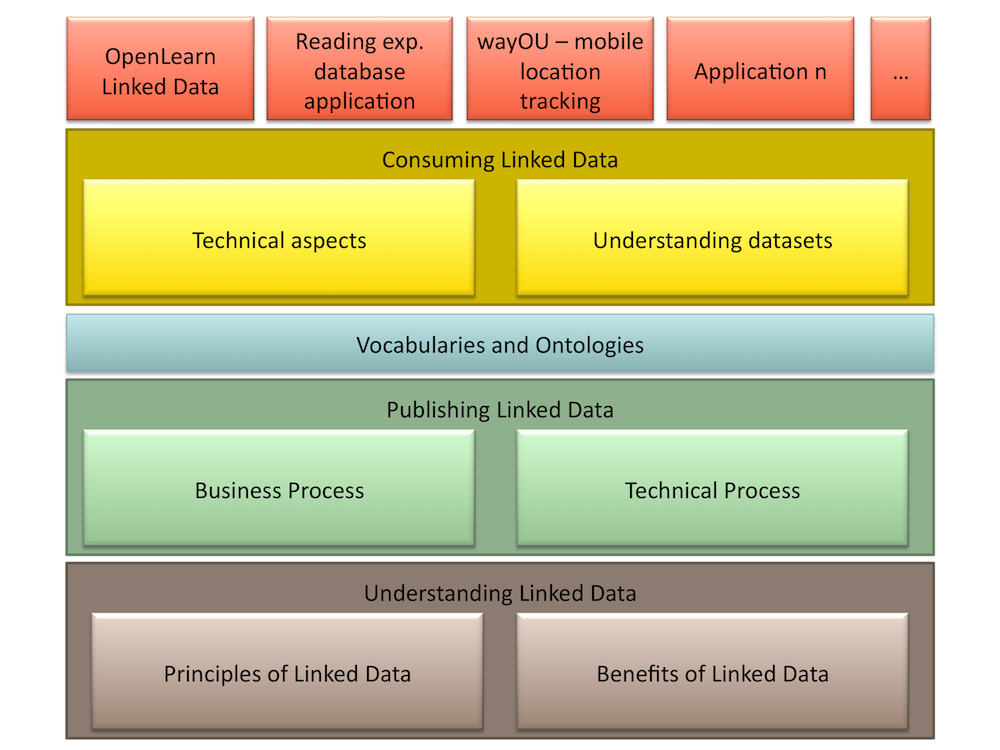
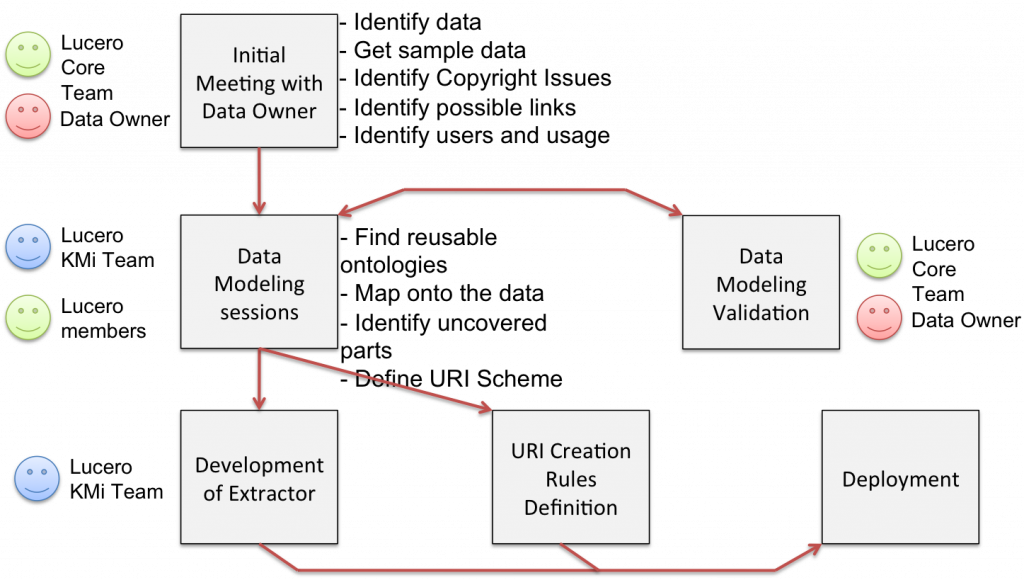
People
Mathieu d’Aquin
Fouad Zablith
Salman Elahi
Owen Stephens
Enrico Motta
Non Scantleburry
Richard Nurse
Publications
d’Aquin, M. (2012) Putting Linked Data to Use in a Large Higher-Education Organisation, Workshop: Interacting with Linked Data at Extended Semantic Web Conference, ESWC 2012
Zablith, F., d’Aquin, M., Brown, S. and Green-Hughes, L. (2011) Consuming Linked Data within a Large Educational Organization, Workshop: Second International Workshop on Consuming Linked Data (COLD) at International Semantic Web Conference (ISWC), Bonn, Germany
d’Aquin, M. and Motta, E. (2011) Extracting Relevant Questions to an RDF Dataset Using Formal Concept Analysis, The Sixth International Conference on Knowledge Capture – K-CAP 2011
d’Aquin, M., Zablith, F. and Motta, E. (2011) wayOU — Linked Data-Based Social Location Tracking in a Large, Distributed Organisation, Demo at 8th Extended Semantic Web Conference
Nikolov, A. and d’Aquin, M. (2011) Identifying Relevant Sources for Data Linking using a Semantic Web Index, Workshop: 4th Workshop on Linked Data on the Web (LDOW 2011) at 20th International World Wide Web Conference (WWW 2011), Hyderabad, India